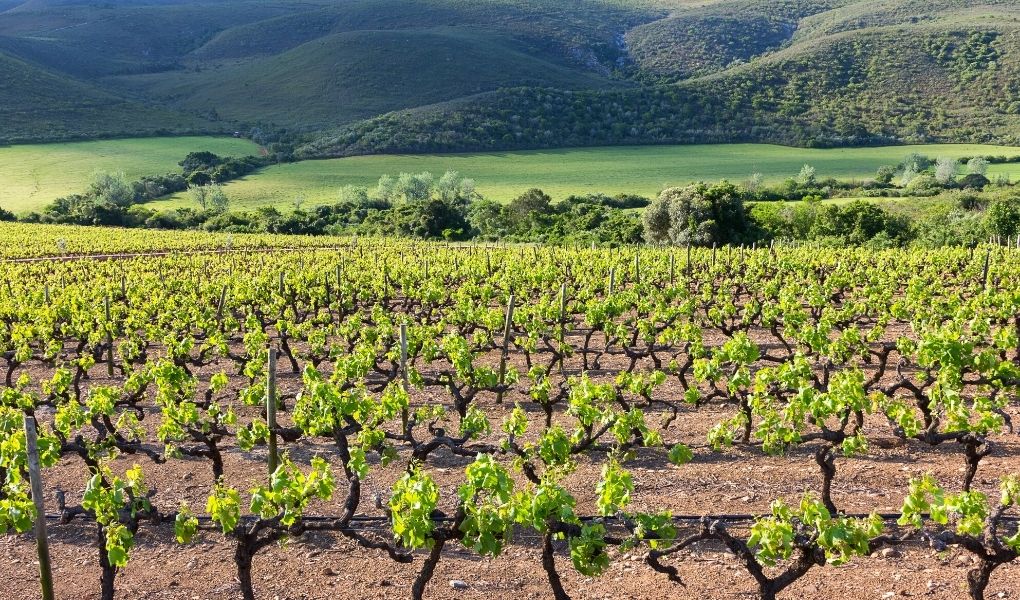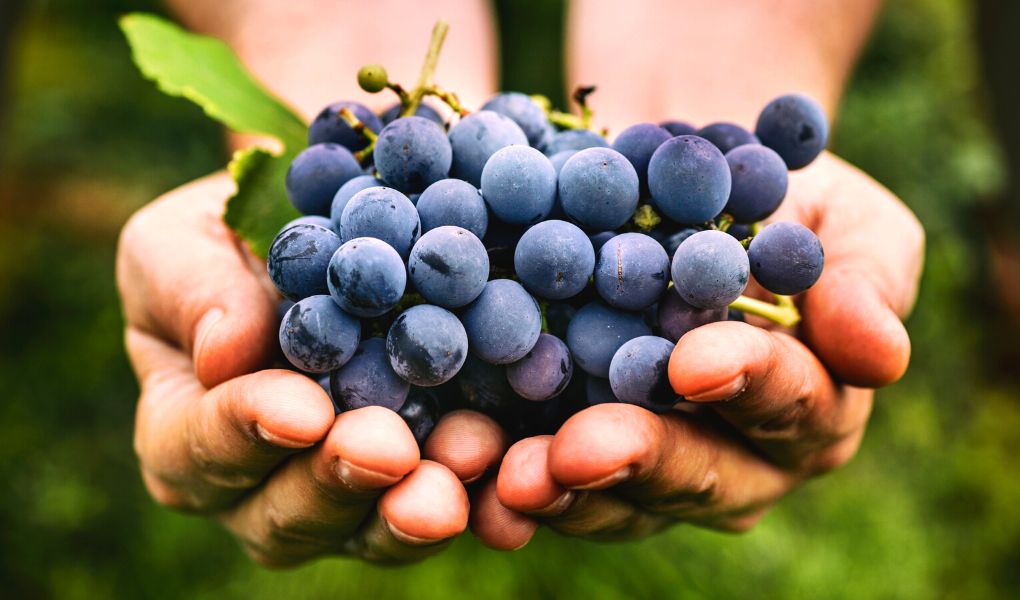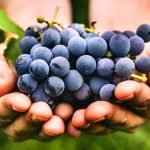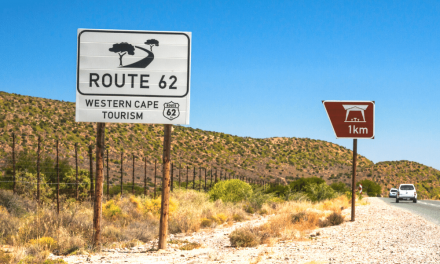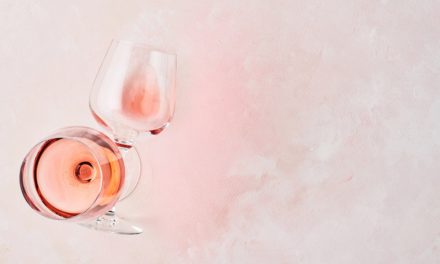Vegan or organic wine
What distinguishes them?
Not all wines are vegan, and not all wines are organic. We open the doors to the secrets of the wineries to define what a vegan wine is and what distinguishes it from an organic wine.
Wine is made from grapes, and many people think that it should be vegan by nature because it is 100% plant-based. But there are also people who believe that grapes are not treated in organic wine. Both statements are incorrect.
Vegan Wine
The grape juice, the wood, the cellar or the bottles are vegan by nature; no animal products are used. The wine is in the fining process. This is a process in which the wine is freed from all impurities and purified before bottling.
These products for the fining process can be edible gelatine (usually made from animal cartilage), animal albumin (made from egg albumin or dehydrated blood albumin in powder form), fish glue or casein and potassium casein (made from milk).
These products do not remain in the wine, but animal substances cannot be used in its production for a food to be considered vegan. To solve the problem of not eating animal products, vegan wines were developed.
In the fining of vegan wines, ingredients such as peas, potatoes or wheat are used. For some time, a substance derived from algae, carrageenan, has also been used. The most common agent in vegan wines is bentonite, which is of mineral origin as it is a clay powder.
On the other hand, vegan wine only states that no animal products were used in its production. It does not guarantee that it is 100% natural, as artificial substances may be used for fertilisation or preservation.
Bio-Wine
This wine is characterised by a winemaking process in which sustainable measures are implemented at every stage of the process, from the cultivation of the grapes to the winery. In other words, the highest respect for animals and the environment is ensured.
What distinguishes vegan wines is their fining process. In organic wines, substances of animal origin may be used in the fining process, as long as the whole process is completely natural and sustainable.
For a wine to be called organic, the fields must be fertilised with natural and organic fertilisers, which may also include pomace or natural vines produced during the winemaking process itself. No mineral or nitrogen fertilisers are used, and the crop residues must not be burnt, as this would destroy the microbial flora of the soil.
Furthermore, organic wine must be preserved naturally. No antiseptics or antioxidants such as sulphites may be used, which also harm sulphite allergy sufferers. It should be noted, however, that organic wines may also contain sulphites, but these are of natural origin.
Vegan or organic. How can we tell in the wine?
The so-called V-label was created by the European Vegetarrian Union and is an internationally recognised and protected trademark for labelling vegetarian and vegan products and services. The label provides clarity with uniform criteria and regular controls and is used throughout Europe. In order to apply the label to bottles, a winery must undergo a registration procedure and obtain a licence for its wines.
And it is precisely here, unfortunately, that South African wineries face an obstacle. The majority of producers in South Africa make wines sustainably and organically, with some even producing vegan wines. However, only a few leap Europe and have their wines labelled with the V-label.
Instead, South African wines are labelled with the “Integrity & Sustainability” label, which guarantees the accuracy of the vintage, the variety, the origin and the sustainable and environmentally friendly production and bottling in South Africa. You can read more about this in tip #55.

Vegan wine from South Africa
We have taken a close look at our South African wineries in terms of production and present Vegan wines in succession. But beware, as already mentioned, you will not find any labelling on many of the wine bottles.
Boschkloof: The Borman family has made every bottle of Boschkloof with a lot of effort and attention to detail.
All of Buitenverwachting’s white wines are vegan and made without animal products. Any cross-contamination during the production of the red wine is avoided by the excellent hygiene measures in the cellar.
Creation Wines from Hermanus produces vegan white wines. These include a balanced sauvignon blanc, a fruity and fragrant viognier, a Bordeaux-style sauvignon blanc/Semillon and a full-bodied chardonnay.
The Diemersdal Estate is renowned for its award-winning red and white wines from the Durbanville Wine Valley, combining the old and new worlds of winemaking.
Glen Carlou: 3 distinctive vegan wine varieties are produced: Prestige is the ultra-premium range reflecting Glen Carlou’s unique conditions and meticulous care; classic are artisan, award-winning wines reflecting their distinctive terroir; and Tortoise Hill was created to add quality and pleasure to modern life.
Graham Beck, one of South Africa’s leading eco-friendly wine producers, is committed to ethical and sustainable farming practices and to supporting local communities.
Since 2012, all Haute Cabrière vintages have been suitable for vegans.
Klein Constantia’s wine range includes a premium estate range, a second-label KC range and the flagship revival of the famous Constantia sweet wine, Vin de Constance. There is also a limited Sauvignon Blanc, Méthode Cap Classique Brut, Riesling, Chardonnay and an Estate Red Blend.
Leopard’s Leap has vegan wines and is also a proud sponsor of the Cape Leopard Trust, which works to protect the magnificent Cape leopard.
Longridge: No herbicides, pesticides or chemical sprays are used in the vineyard, and the Nguni cattle provide natural fertiliser. In the winery, the wine is made by hand, without adding artificial yeast, fining agents or stabilisers, and is not filtered.
Rainbow’s End’s wine range is vegan and consists mainly of Bordeaux grape varieties: Cabernet Franc (flagship), Cabernet Sauvignon, Shiraz, Merlot, a Bordeaux blend and Rosé.
Reyneke: It is now farmed organically, and its wines are made according to biodynamic principles. All wines except the Cornerstone are suitable for vegans.
Sadie Family: The Chenin Blanc-based Palladius and the Columella label established a new category of distinctive white wine blends from the Cape. These two original Sadie wines are now joined by the Old Vineyard Series – fascinating wines made in small quantities. They are all made with minimal intervention in the winery and transparently express their provenance.
Only white wines from Saxenburg are vegan, and bottles will be labelled as suitable for vegans as of July 2017
Warwick: No animal products except the Sauvignon Blanc are used in their wines.
Organic/ Biodinamic Wines from South Africa
More and more winemakers are opting for organic and biodynamic cultivation, as in the case of Reyneke, Spier, Waterkloof and our latest addition: Longridge. You can find all these wines in our online shop.
